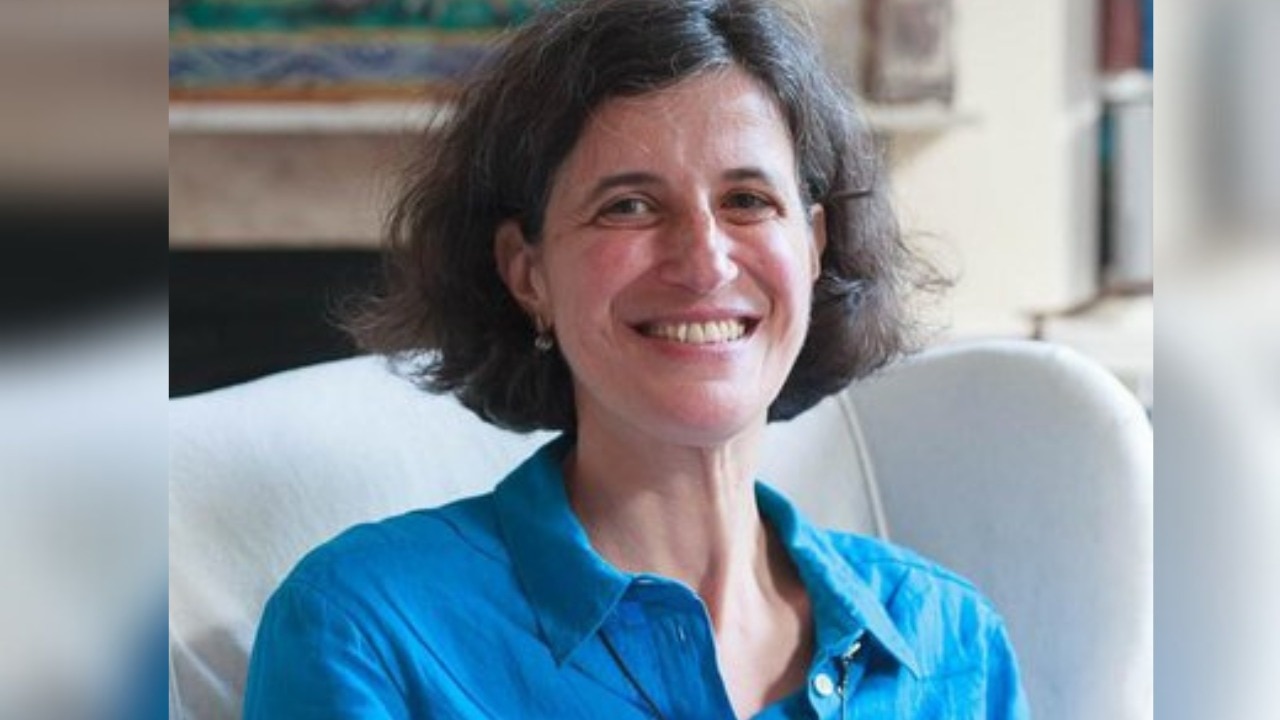Countering the questions raised by a group of economists, social scientists and activists on the parameters and methodology used by the Kerala government to declare the State as free from extreme poverty, Minister for Local Self-Governments M.B. Rajesh said that the group of eminent personalities appears to have not been acquainted with the wealth of documents available in the public sphere on the participatory process that the government followed.
Addressing a press conference here on Friday, ahead of the declaration on Saturday, he said that if the critics were well-meaning they could have provided constructive inputs at various stages of the process, instead of attempting to create a smokescreen just before the declaration.
“The critics raise a question as to which reputed committee has conducted this survey. Rather than a committee with five or six people, the government carried out a grassroots-level, participatory process which involved over 4 lakh people at various levels. Committees were formed at the local body-level as well as the ward-level involving Kudumbashree volunteers, representatives of political parties, people who work in poverty alleviation sector, ASHA workers, SC/ST promoters, residents’ associations and a host of other people,” he said.
The Minister said that the critics appear to have been confused on the difference between poverty and extreme poverty. Through the survey, the government identified and reached out to people who had no documents and had remained without any support from government systems. After identifying 1,18,309 families in the initial surveys, the list was further cut down through a multi-level and transparent process of checks and super checks involving grama sabhas. For the first time in the country, micro-plans were prepared for each of the 64,006 extremely poor families, based on their needs, he said.
‘Documents available’
“The process as well as the progress is documented in government orders, the economic surveys since 2022, the Kerala Institute of Local Administration’s handbooks and in the public statements of the previous LSGD Minister M.V. Govindan. The Planning Board was also closely involved in the process. It is unfortunate that they chose to raise such questions in a casual manner without going through these documents available in the public domain. On the claims regarding ASHA workers, they get over ₹430 daily, which is not below the poverty line as per the Union government’s norms,” he said.
Mr. Rajesh said that essential documents were provided to 21,263 individuals lacking these. Houses were provided to 3,913 families, land for 1,338 families, and house repair works of up to ₹2 lakh each done for 5,651 families. He said that the Chief Minister will release a detailed report on the project on Saturday.
Signatories
The letter by the experts titled ‘Extreme poverty-free Kerala or Destitute-free Kerala? The government should publish the report identifying the extremely poor’ names among its signatories educationist R.V.G. Menon, economist M.A. Oommen, honorary fellow of the Centre for Development Studies K.P. Kannan, former Additional Director General of the Central Statistical Organisation G. Ravindran, activist J. Devika and others.

 6 hours ago
4
6 hours ago
4







 English (US) ·
English (US) ·